As I finish the second leg of my road trip, a theme of the conversations I’ve had – and ones I’ve listened to – has been the inter-relationship of slavery, immigration, and First American genocide with the progress of white settlers and American Exceptionalism. Let me take these issues in turn.
Slavery
The first phase of Glasgow’s economic development was in the 18th century when the profits of the tobacco barons pouring into the city. These merchants benefitted from the middle passage, so slavery made Glasgow prosperous. There was also the link of Scottish immigrants to America – particularly the slave-holding South – that happened after the ’45; for instance, Flora MacDonald of Bonnie Prince Charlie fame emigrated to North Carolina. Many Scots abroad were slave owners, particularly in the Caribbean. In recent years, Glasgow has been open about its dark past – a conversation that has taken place across the city.
I all too frequently hear and see the opposite on my road trip around America. A common theme of the right is to reel against the teaching of CRT (critical race theory) in schools. Politicians are campaigning on this platform, and religious talk radio hosts not only shout about CRT, but also warn against other topics that are code for CRT, such as sex education. I don’t understand CRT and, when I ask for an explanation, all I get in response is that it’s on the curriculum. Teachers I’ve spoken to don’t know what it is and are not teaching it. So far no one has pointed me to a curriculum where it’s being taught – but a number of parents I’ve spoken to are campaigning against it (they were white).
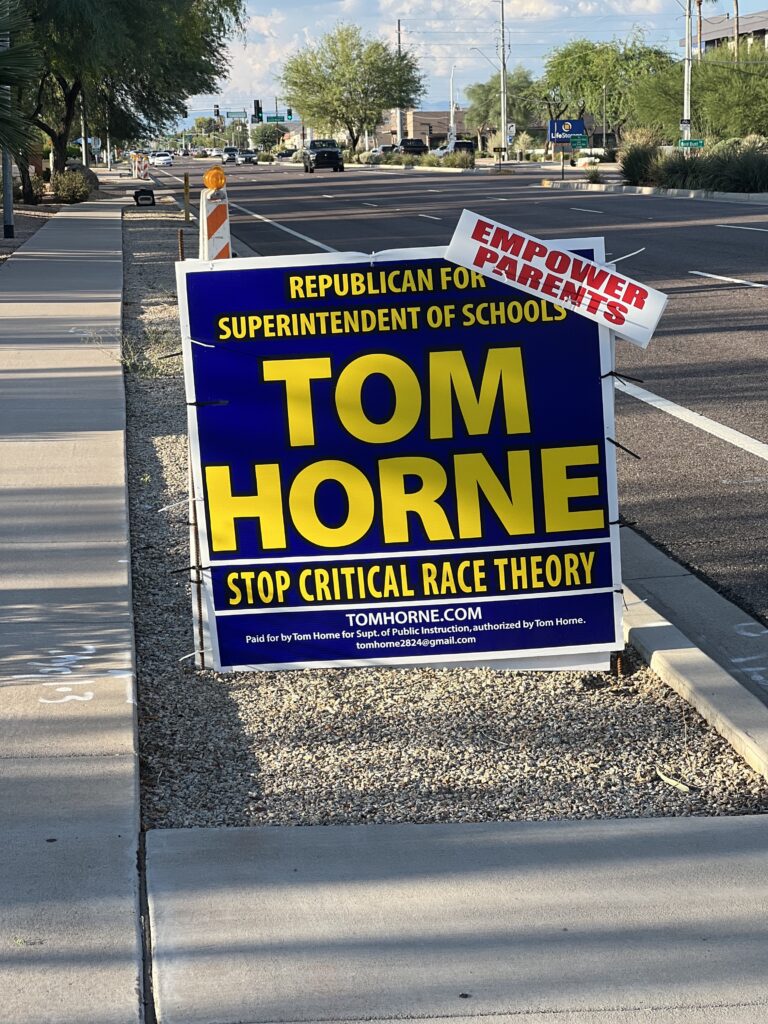
This comes across to me as code for ‘let’s not talk about _______ “ (fill in the blank with racism, slavery, America’s original sin, etc). Yet there has been some positive conversation and increased awareness about race, such as the Tulsa Race Massacre and the celebration of Juneteenth. The New York Times’ 1619 Project has also increased awareness but, in itself, helped to contribute to a backlash from the right.
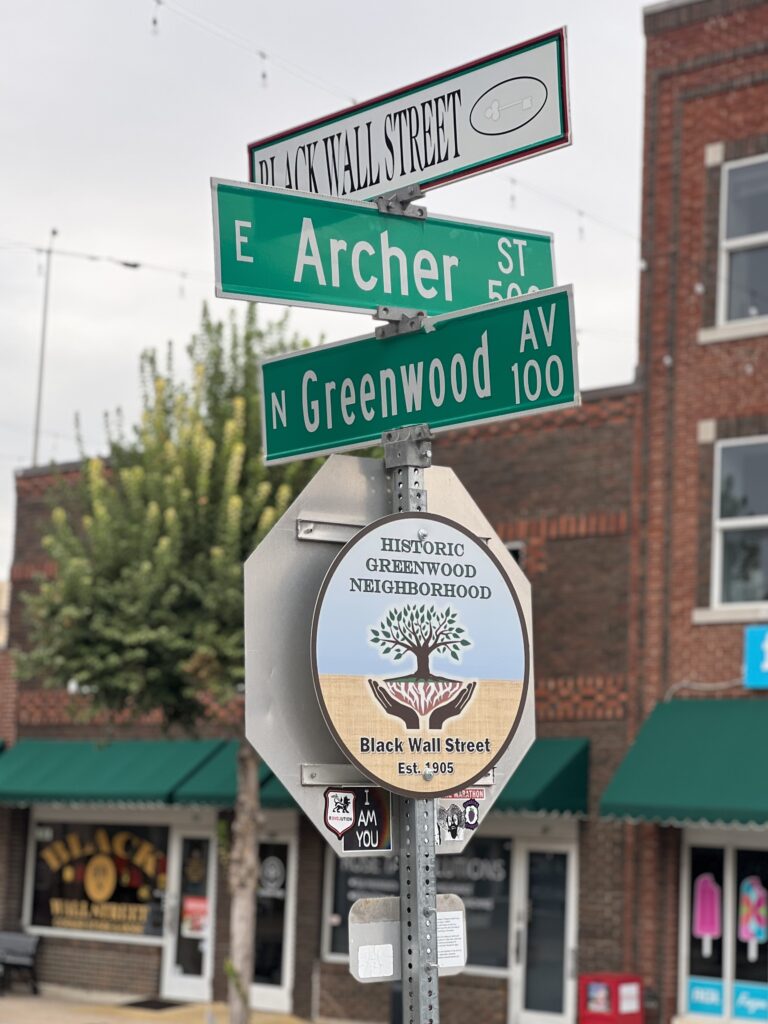
I’ll be interested to see how these topics are discussed when I get to the Deep South in the final leg of my road trip. Already I’ve heard from a friend that “slavery happened 150 years ago – we need to move on”.
Immigration
Linked to this non-discussion about race is the conversation on talk radio about the threat to America from immigrants – the threat to the American way of life. Some talk about this as a conspiracy of government to let immigrants in so that they (whites) become the minority – the Great Replacement Theory – as if immigration to the US is new.
I guess it’s the wrong kind of immigrants – we have the same problem in the UK, with the threat of immigration a major factor behind the Brexit vote in 2016. I haven’t come across anyone who thought that immigration is bad – rather, many felt that immigration is positive, but want more structure to it. Again, the same could be said about the UK and the flow of immigrants across the English Channel – or as the Home Secretary stated recently, the “invasion”. The son of an undocumented immigrant to the US told me over breakfast at a diner in St George UT that his own mother should have been sent back as she knew the rules and didn’t follow them.

Balancing this concern about migrants, or the wrong kind of migrants, is the need for labour. Job adverts and signs abound, and both businesses and public bodies are in need of staff – bus drivers, police, teachers, chefs, waiters; you name it, they need them. Some organisations are being innovative in their recruitment, such as the Fort Worth police who parody a used car salesman.
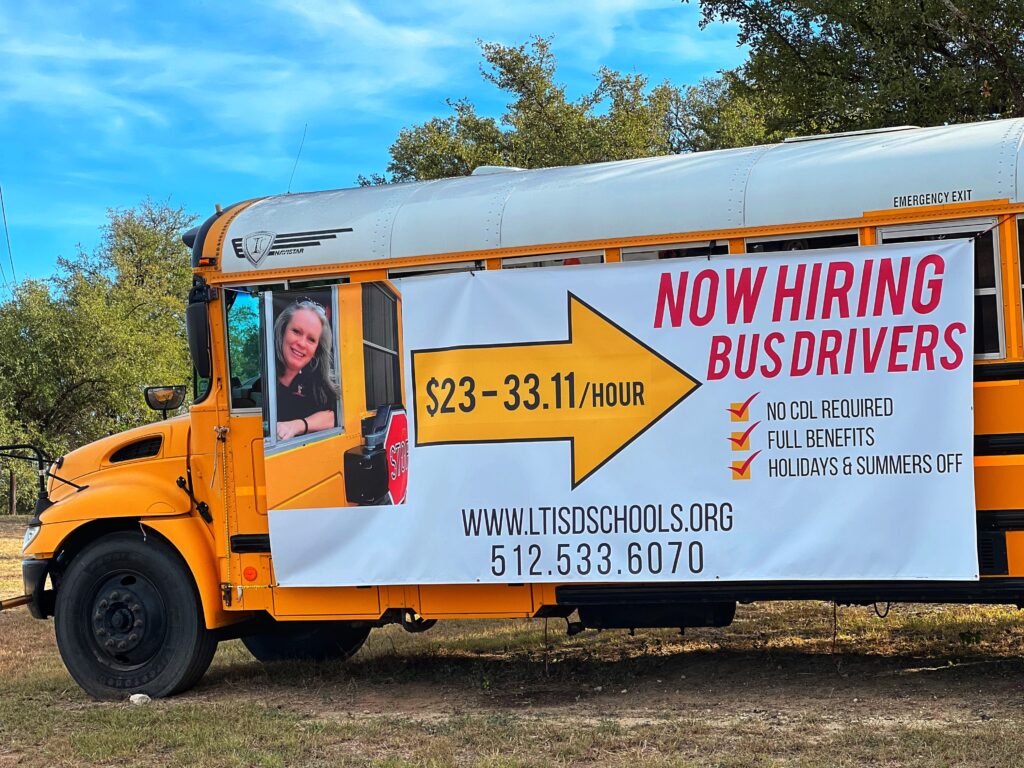
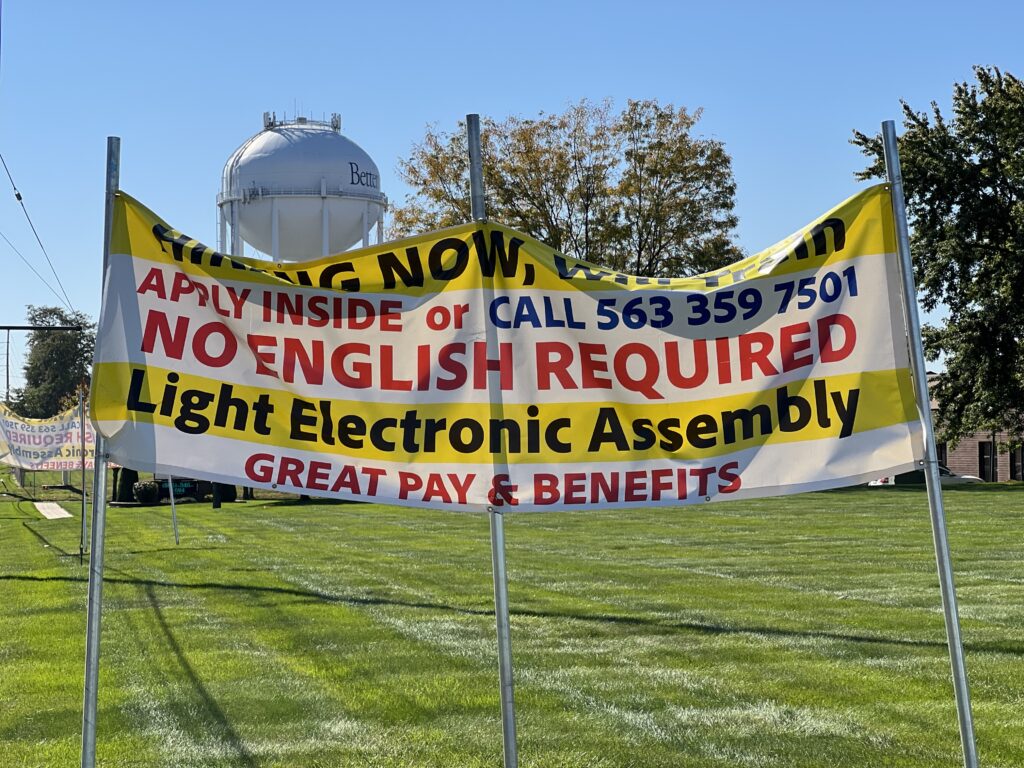
First Americans
My conversations with First Americans – the description used by the First Americans Museum (FAM) in Oklahoma City in place of ‘Native Americans’ – have challenged my awareness. Both hitchhikers I’ve picked up have been on reservations – Zumi in WA and Kelvin in UT. Zumi shared her conspiracy theories as we drove down to Seattle, and Kelvin showed me around the Navajo reservation – both were open about their alcoholism. I’ve only met one First American who did not share this problem with me. Kelvin said it was in the genes.
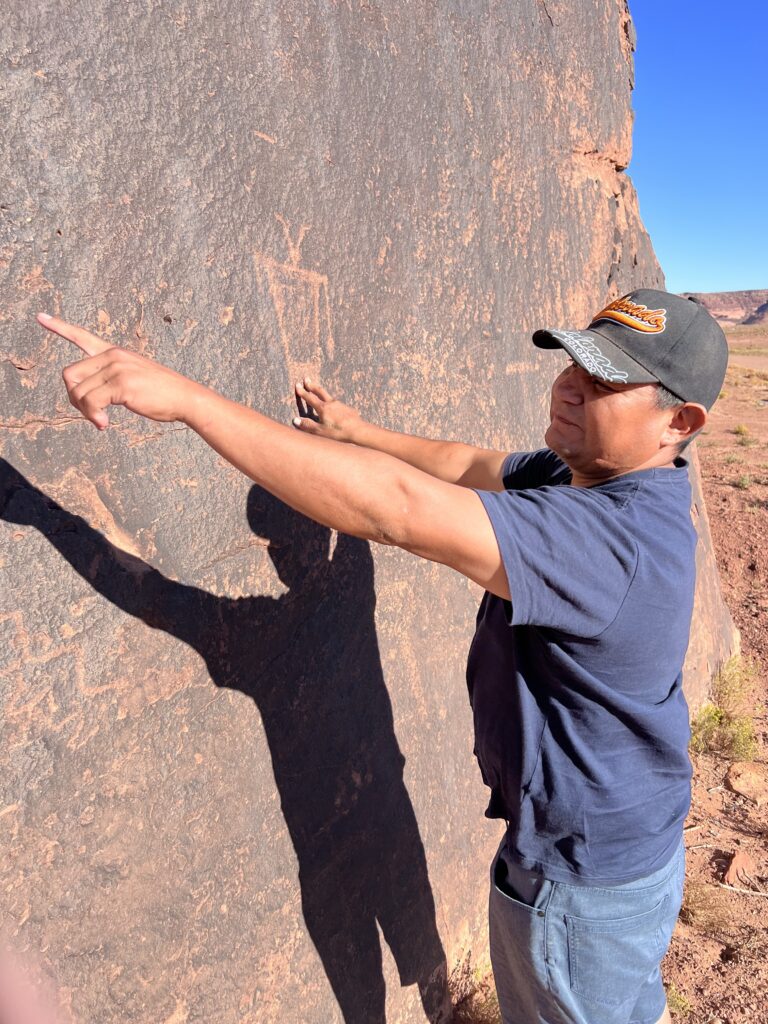
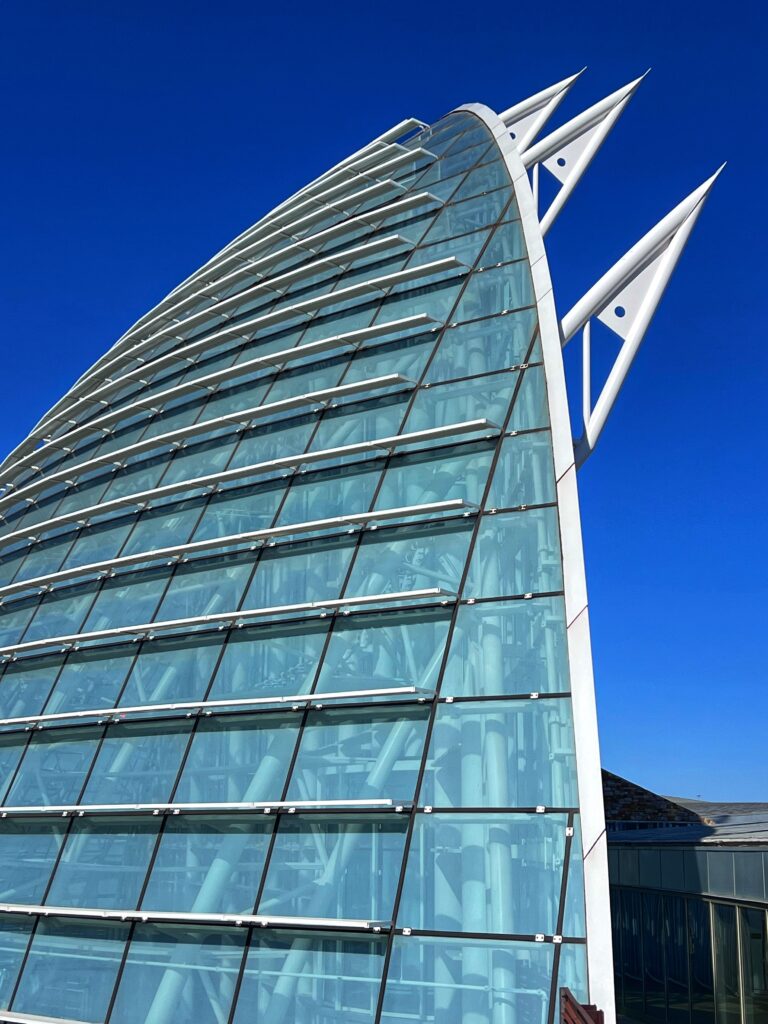
Acknowledgement of First Americans as the original occupants of the land is now more apparent in National Park Service (NPS) sites than I remember 50 years ago. It’s nearer to the recognition that I heard in Australia about the heritage of aboriginal settlement before the English convicts sailed into Botany Bay. Yet there are pockets of 1960’s ‘Columbus Discovered America’ presentation, such as Royal Gorge CO, where there is only passing reference to First American heritage, along the lines of ‘Indians once lived here’.
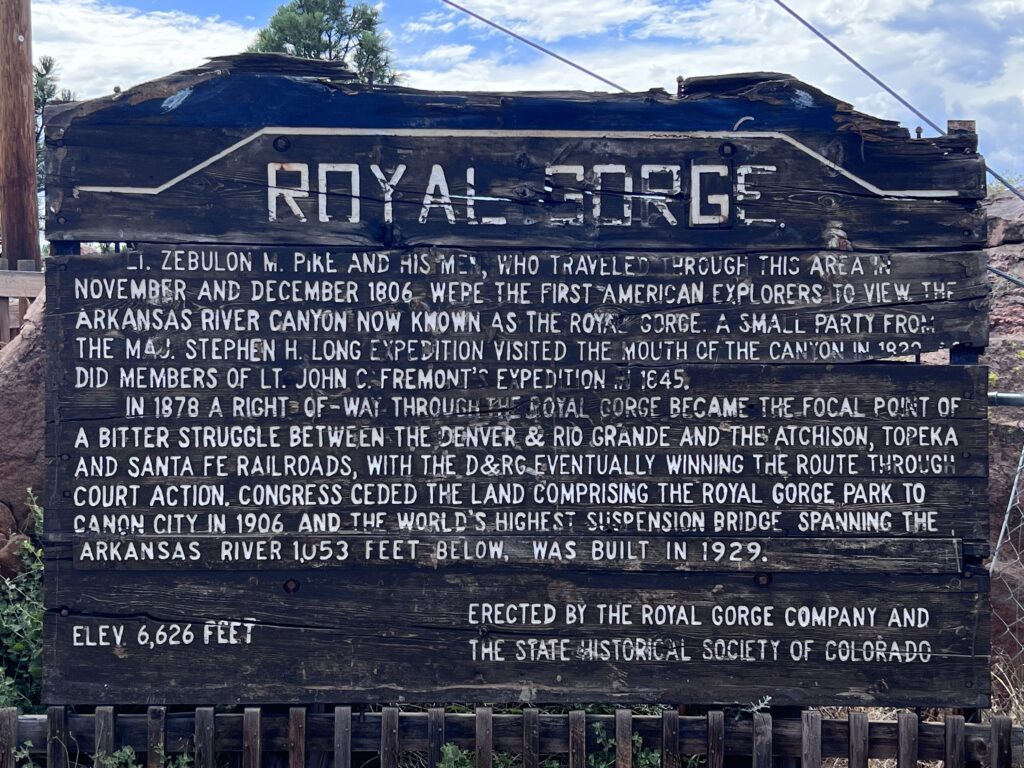
My experience in the West has been to see the consequences of the Indian Removal Act of 1830 – in the 3rd leg of my road trip I’ll see the Trail of Tears as I travel across the South from where they were principally removed. Yet I’ve heard from some about the ‘choice’ that First Americans had, that some tribes chose to leave their native lands, and that chiefs made choices that helped to civilise their people – the five main tribes in OK are still referred to as the ‘civilised tribes’. The stories of Zumi and Kelvin didn’t align with this thinking, and made me reflect on the choice that the Nazis gave Jews as they parted with businesses, properties, and then their lives.
American Exceptionalism
These three topics – slavery, immigration, First Americans – play into the narrative about American Exceptionalism. What I saw West of the Mississippi were examples of how this played out – forts to supress Indians, trails of settlers, reservations where First Americans were corralled, sites of racist massacres. There is an emerging honesty about discussing this history that I did not find 50 years ago – then, I learned in school about how Columbus discovered America, we played cowboys and Indians, the Lone Ranger was on TV, and the Alamo fighters were heroes for independence (they still are in TX).
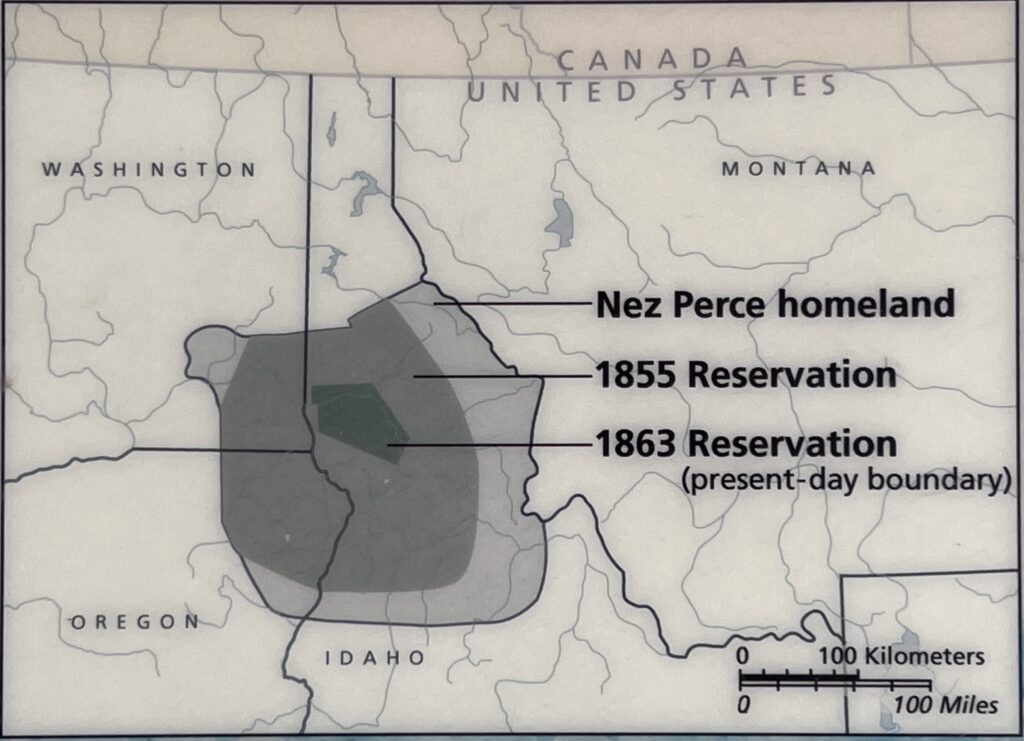
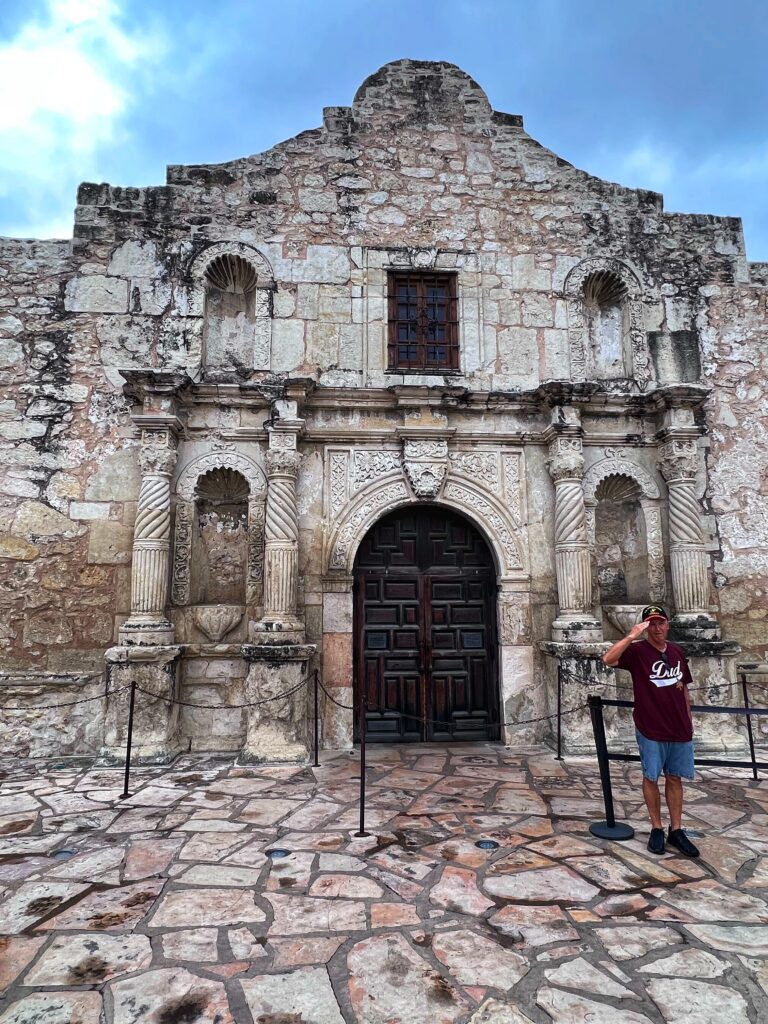
Yet, I’ve found an underlying reluctance to have an open, generative conversation about slavery, land, and immigration. The stoochie over CRT is but the tip of this iceberg. The continuing whitewash of history in Texas about the true nature of its fight for independence is a further example. As I visit the Civil War battlefields in the final leg of my road trip, I’ll see many memorials to the ‘lost cause’, like the ones at Fort Donaldson TN and the Texas Civil War Memorial in Austin. I’ll be interested to see how slavery is presented by the NPS.
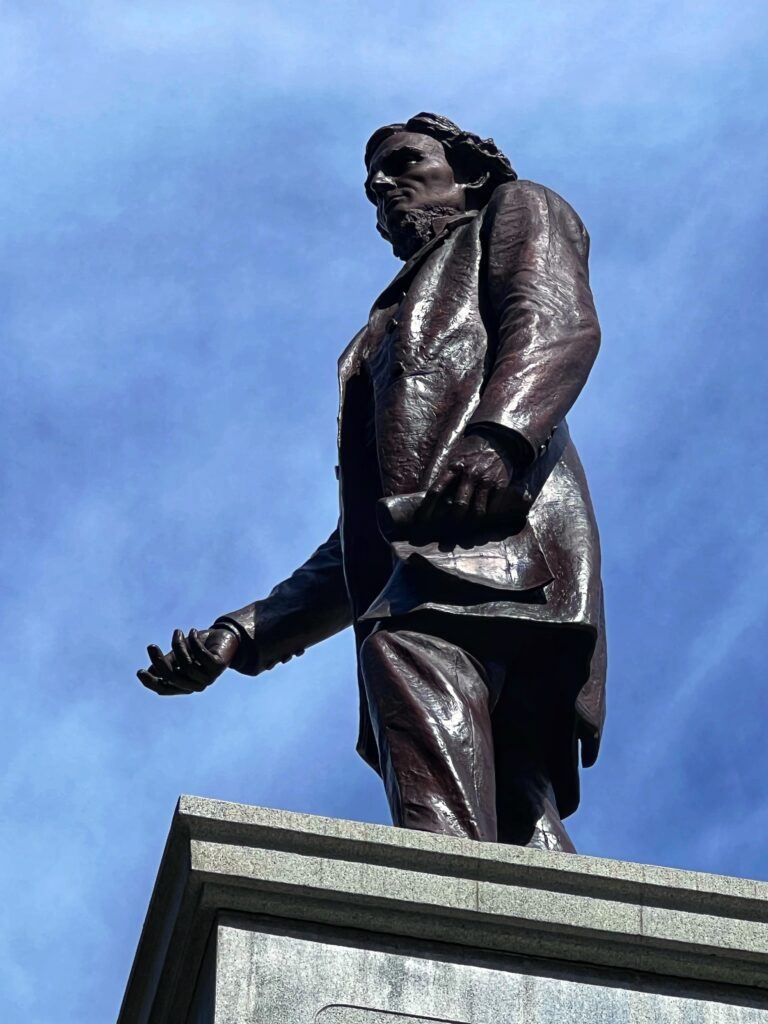
There’s no denying that settlers and their decedents developed the American continent – I saw the same contrast of development when I travelled from Israel into the West Bank. Yet there is a reluctance to discuss the impact of the long tail of slavery and First American genocide which was a price of America’s development. The Holocaust is rightly taught extensively in schools and memorialised, but let’s not go there when it comes to sore issues closer to home. America is having a crisis of confidence as it faces pressures internally and externally, and not discussing these topics will inhibit its move forward.
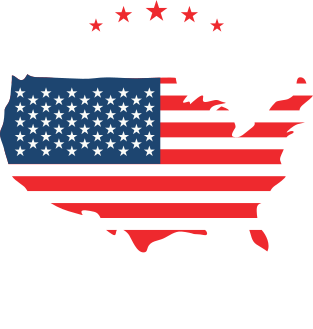
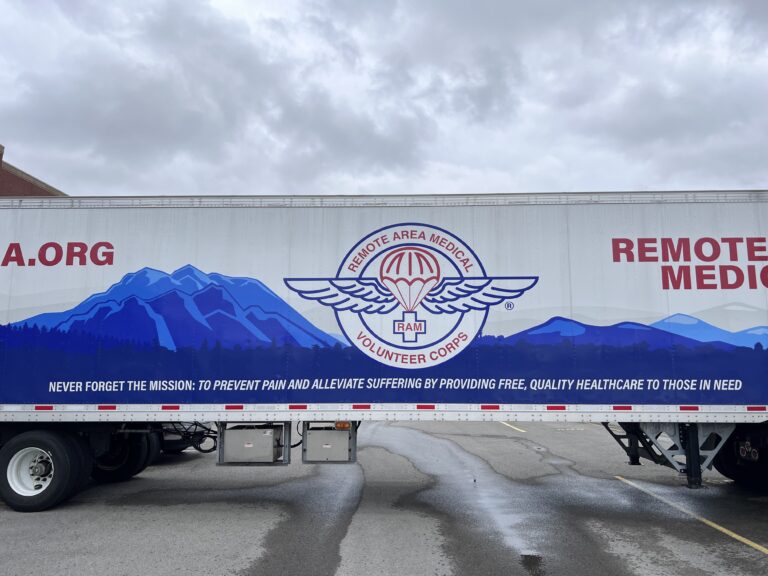


4 Responses
This is thoughtful and constructive John; no surprise. The perspective you bring from living outside the US for so long is valuable and useful; hoping we can find time to meet in the coming days/weeks love to catch up!
Great to catch up via video, and next time face to face, or over here on your travels. J
Very interesting details you have noted, appreciate it for posting. “The surest way to get rid of a bore is to lend money to him.” by Paul Louis Courier.
Thanks for the observation. J